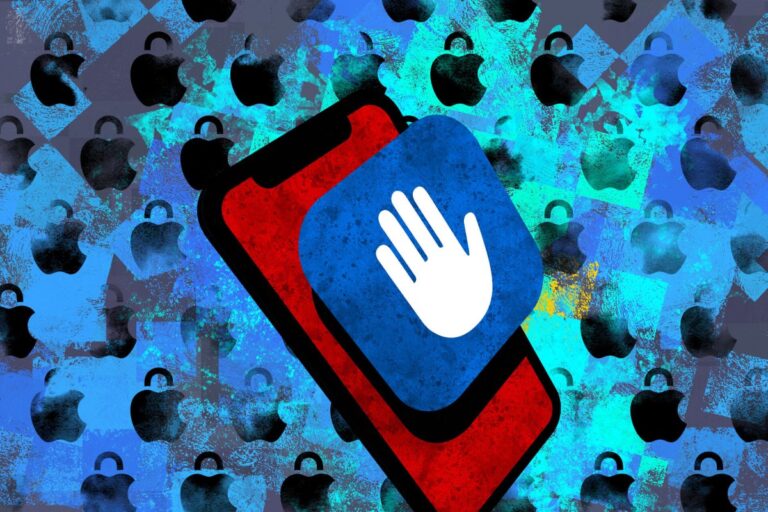Skype’s Shutdown: Celebrating Its Legacy of Mass Adoption of End-to-End Encryption
On March 5, 2012, a pivotal moment in Egypt’s history unfolded when revolutionaries stormed the headquarters of the State Security Investigations (SSI) service in Cairo. This building, notorious for its brutal reputation, was often referred to as “the capital of hell” due to the horrific treatment of prisoners. During this operation, protesters uncovered shocking evidence of torture and surveillance, including documents, torture devices, and digital media.
Unveiling the FinFisher Software
Among the disturbing discoveries was a memorandum detailing a sophisticated hacking tool known as FinFisher, developed by the British-German firm Gamma International. This software was described as a “high-level hacking system” capable of:
- Accessing email inboxes
- Uploading spyware onto targeted devices
- Monitoring communications
- Gaining complete control over hacked devices
- Documenting hacking successes on encrypted platforms like Skype
Skype’s Reputation for Security
During the early 2010s, Skype was celebrated as the leading internet phone calling application worldwide, renowned for its privacy features. Launched in 2003, Skype promised users end-to-end encryption, which was intended to safeguard communications from potential eavesdroppers.
At the time, Skype’s encryption was a groundbreaking innovation, setting a new standard for online privacy. In 2004, Skype’s website boasted:
“Skype calls have excellent sound quality and are highly secure with end-to-end encryption.”
The Evolution of Encryption Technology
In the mid-1990s, Phil Zimmermann, a pioneering cryptographer, introduced Pretty Good Privacy (PGP), allowing users to secure their communications. However, PGP was complex and not integrated into user-friendly applications. Fast forward to today, where end-to-end encryption is now standard in popular messaging apps like Apple’s iMessage, Facebook Messenger, Signal, and WhatsApp.
Global Reactions to Skype’s Encryption
Upon its launch, Skype’s encryption drew ire from law enforcement agencies worldwide. For instance, in Italy, the Polizia Postale sought help from the cybersecurity firm Hacking Team to develop spyware that could bypass Skype’s security measures. Additionally, in 2008, the Citizen Lab found that the Chinese version of Skype had been modified to facilitate government surveillance.
Years later, revelations from Edward Snowden indicated that Microsoft had altered Skype to enable the National Security Agency (NSA) and other agencies to intercept calls and messages, undermining the app’s encryption promises.
The Future of Skype
This week, Microsoft announced plans to shut down Skype on May 5, 2025. With its user base dwindling to 36 million from a peak of 300 million, Skype has become a shadow of its former self.
Despite its impending shutdown, Skype’s legacy endures through the encryption technologies that protect communications across today’s most popular applications. The original innovations by Skype’s developers have significantly contributed to a more secure and private online environment.







